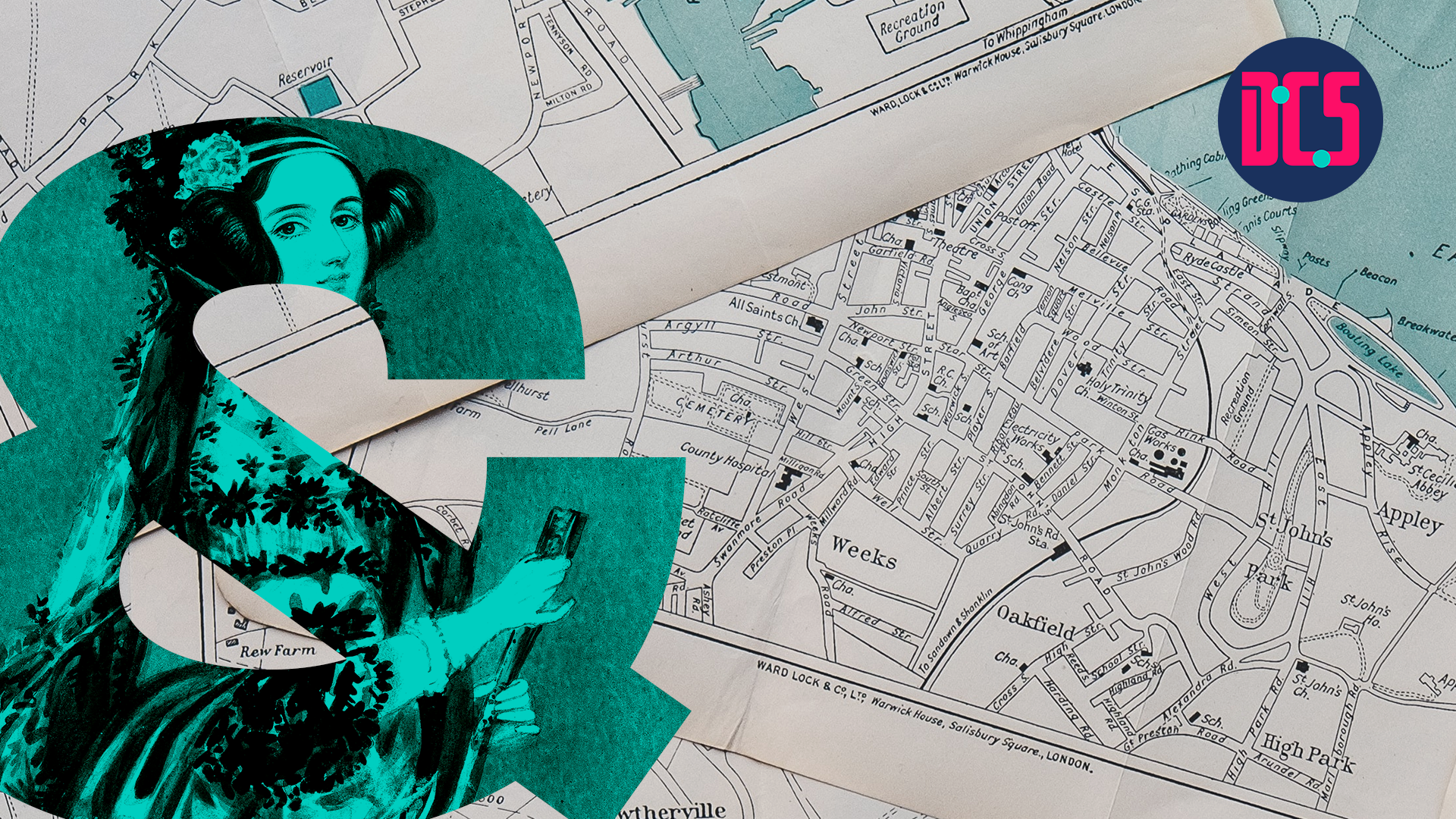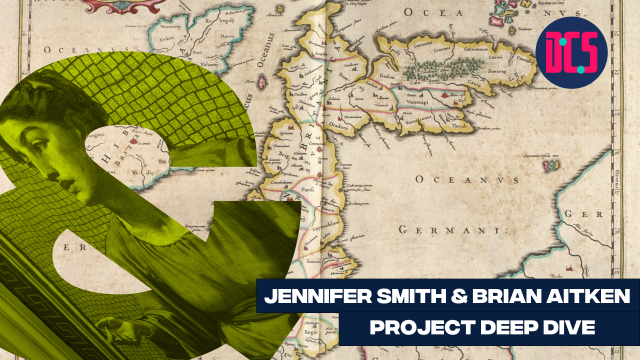Where to Find Spatial Data

In Person
The aim of this session is to highlight a number of places where you can access spatial data for use in research. We will primarily be focussing on data for Great Britain but many of the systems covered have global coverage. We'll look at a number of different systems and datasets including Digimap, ESRI/ArcGIS, Open Data portals and OpenStreetMap. Where appropriate we’ll show how to use the data in QGIS. We will give an overview of common data formats and coordinate reference systems that you will encounter whilst searching for spatial data, and touch on the importance of checking licence conditions.
This is an introductory workshop on geographical data. No previous knowledge on the topic is required/expected and the trainer will cover the basics of the method.
After taking part in this event, you may decide that you need some further help in applying what you have learnt to your research. If so, you can book a Data Surgery meeting with one of our training fellows.
More details about Data Surgeries.
Those who have registered to take part will receive an email with full details on how to get ready for the course.
If you’re new to this training event format, or to CDCS training events in general, read more on what to expect from CDCS training. Here you will also find details of our cancellation and no-show policy, which applies to this event.
If you are interested in other training on geographical data you can have a look at the following:
Return to the Training Homepage to see other available events.
Digital Scholarship Centre
Digital Scholarship Centre, 6th floor
Main Library
University of Edinburgh
Edinburgh EH8 9LJ












